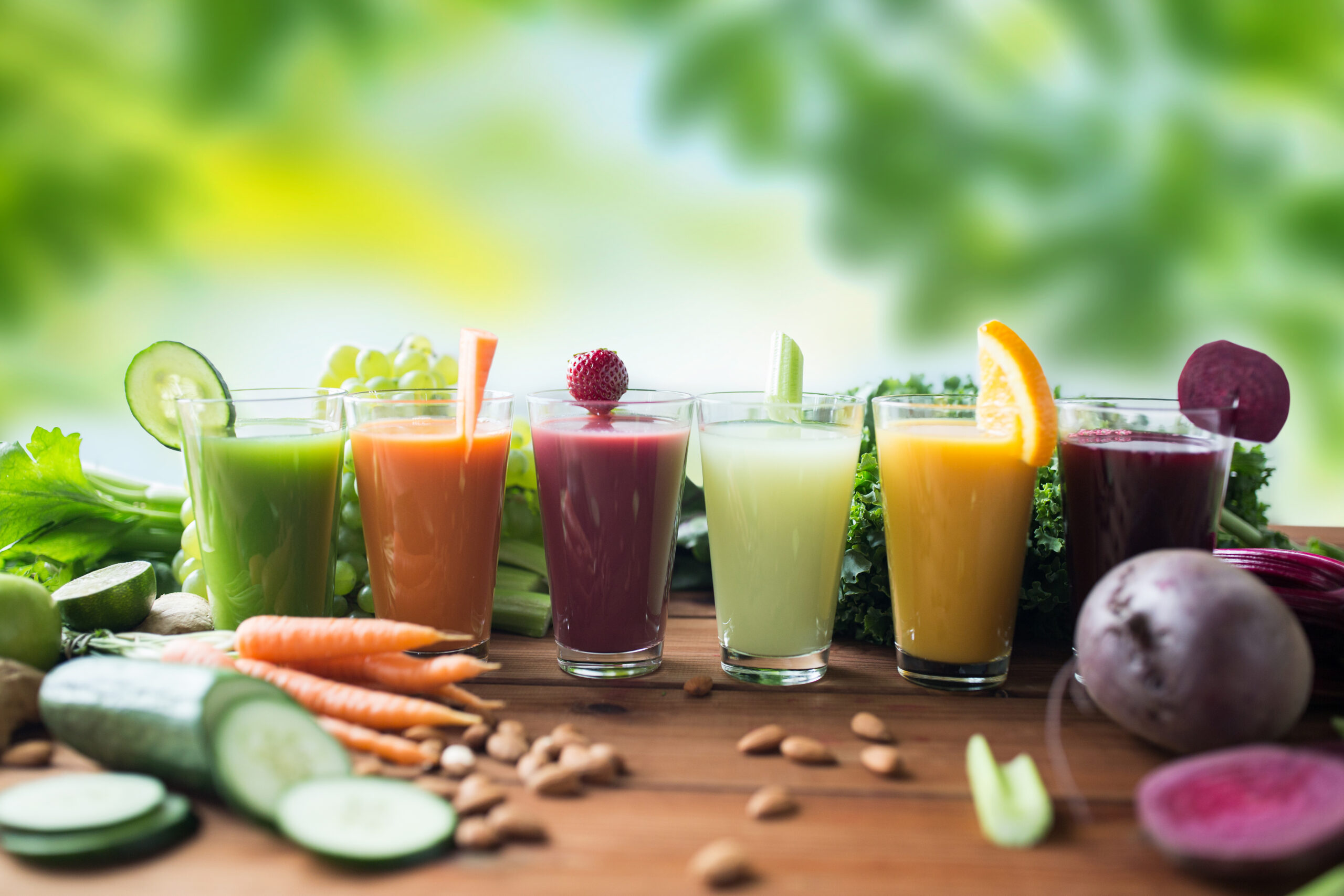Constipation During Pregnancy: The Untold Reality No One Talks About
Pregnancy is transformative. It’s also exhausting, uncomfortable – and yes, sometimes downright miserable. You’re growing another human, your body shifts in unpredictable ways, and you’re bombarded with advice you didn’t

Pregnancy is transformative. It’s also exhausting, uncomfortable – and yes, sometimes downright miserable. You’re growing another human, your body shifts in unpredictable ways, and you’re bombarded with advice you didn’t ask for. But so often, one thing gets overlooked:
Constipation.
Let me share what I’ve witnessed as a partner – not a pregnant person, but someone who has supported his wife through not one, but two pregnancies. I’ve seen pregnancy constipation turn into something far more than a physical inconvenience. It became an emotional crisis.
Why Constipation Happens, and It’s More Common Than You Think
Hormones, physical pressure, vitamins, fatigue – it’s a perfect storm:
- Rising progesterone levels slow gut motility, making digestion sluggish.
- Iron in prenatal vitamins, while essential, is notorious for causing hard, dry stools.
- As the uterus expands, it compresses the intestines and bowels, making passage tighter and more difficult.
- Fatigue, morning sickness, and fear of discomfort often reduce water intake and movement—two key factors in regular bowel function.

woman having abdominal ache due to Stomach pain, digestion with constipation or Diarrhea from food poisoning, female problems, and Endometriosis, Hysterectomy, and Menstrual on the bed at home.
Roughly 11% to 50% of pregnant people deal with constipation at some point — sometimes early in the first trimester, often persisting through the third.
Here are some important points about the use of acetaminophen in pregnancy to reduce the risk of autism
More Than “Not Pooping”— It’s Emotional Overload
Constipation doesn’t stay confined to your digestive tract. It pushes into your mental and emotional space.
- You start dreading meals because food feels like baggage.
- Your body feels alien to you—bloating, cramps, and discomfort are constant companions.
- You strain, you cry, you fear hemorrhoids—or worse.
One pregnant community member described waking up to extreme bloating and fatigue, stuck for nearly a week, feeling bedridden and desperate—turning to milk of magnesia, ending in an ER visit with an enema during a family trip. That’s not just constipation. It’s trauma.
How This Becomes a Mental Strain, and How Support Can Help
Even if you’re not pregnant, support works two ways. Let me be clear: the right kind of support isn’t fixing, it’s being present.
When she says: “I just need a minute. I can’t even go anymore.”
She’s not just constipated. She’s overwhelmed. Afraid. Exposed.
What helps more than anything?
- Empathy, not advice.
- Presence, not bursts of action.
- Listening, not silencing.
This kind of emotional safety matters more than the fiber smoothie or the warm water trick. You are not a quick fix. You are the person who sits beside her when silence collapses.
Empathetic listening, validating feelings, and acknowledging frustration: these are lifelines during literal bodily breakdowns inside pregnancy.
Also Read: Let’s Talk About Constipation (Because I Wish Someone Had Talked to Me Sooner)
Practical Relief in Pregnancy Constipation That Actually Works
Here’s what science and lived experience recommend for easing pregnancy constipation:
Hydration: Make It Non-Negotiable
Drink 8–12 cups of fluids daily, preferably water, herbal teas, diluted juices—maybe even prune juice—for hydration that softens stool and encourages digestion.
Fiber: 25–35 Grams Daily, Gradual Build-Up
Use both soluble fiber (apples, oats, berries) and insoluble fiber (whole grains, legumes, vegetables) to ease bowel transit — but add slowly to avoid gas and bloating.
Movement: Gentle, Consistent
Aim for 15–30 minutes daily: walking, swimming, prenatal yoga, pelvic tilts. These stimulate digestion and relieve tension. Plus, yoga adds mind-body relief through breathing and poses like Cat/Cow and twists.
Safe Stool Softeners
If lifestyle changes aren’t enough, docusate sodium (Colace) is widely considered safe in pregnancy—but only after medical approval. It softens rather than stimulates stool, which lowers risk of dehydration or contractions.
Natural Helpers
- Prunes, prune juice, dried figs/apricots, and psyllium husk: all contain fiber and sorbitol to soften stool.
- Probiotics: yogurt or kefir helps balance gut flora and aid digestion.
- Warm drinks: morning lemon water, ginger, or peppermint tea can stimulate digestion gently.
- Abdominal massage or acupressure: can jumpstart peristalsis when done carefully and gently.
For Partners: Your Role Is Essential – Here’s How to Show Up
Don’t turn your support into a checklist. Instead:
- Offer routines that ease daily strain: cook fiber-rich meals, set water reminders, stretch together.
- Validate emotions: “It sucks. You shouldn’t feel like this.” Means more than you know.
- Provide calm rituals: light aromatherapy, a massage, an evening walk, guided breathing—all remind her she’s cared for, not just problem-solved.
- Normalize the conversation: Forward articles, share stories from trusted resources, make gut health a shared mental load.
When to Call the Doctor
While constipation often isn’t dangerous, some symptoms require medical attention:
- Severe abdominal pain, vomiting, blood in stool, or signs of infection
- Constipation during pregnancy lasting longer than a week
- Significant pain when trying to pass stool
- Symptoms of dehydration: faintness, dark urine, dizziness
These could be red flags, and should never be ignored
Compassion Is Medicine
I saw my partner fall into tears on the toilet, frustrated not by a short wait, but by feeling trapped in her own body. I brought water, I said I saw her, I reminded her the struggle was not a weakness. I didn’t fix it – but I helped soften it.
That’s what this article is for: to remind you that constipation during pregnancy is common — but its impact stretches far beyond digestion. When the body burdens the mind, and the mind burdens the body, the only remedy is real empathy.
Pregnancy is extraordinary, but it’s also complicated. It demands more than strength. It demands humanity.
FAQs
1. Is constipation during pregnancy really that common?
Yes, it’s extremely common. The article cites that between 11% and 50% of pregnant people experience constipation at some point. It’s caused by a “perfect storm” of rising progesterone levels, iron in prenatal vitamins, physical pressure from the expanding uterus, and factors like fatigue and reduced water intake.
2. Why does the article call constipation an “emotional crisis”?
Because the impact goes far beyond physical discomfort. The article explains that constipation can lead to dreading meals, feeling alien in your own body, and experiencing overwhelming fear and frustration. It can cause mental strain, making a person feel trapped and overwhelmed, turning a physical issue into a significant emotional burden.
3. What is the single most important piece of advice for a partner?
The most crucial role for a partner is to provide empathy and presence, not just solutions. The article stresses that support means listening, validating feelings (“It sucks. You shouldn’t feel like this.”), and being emotionally present. This emotional safety is often more important than any practical remedy.








